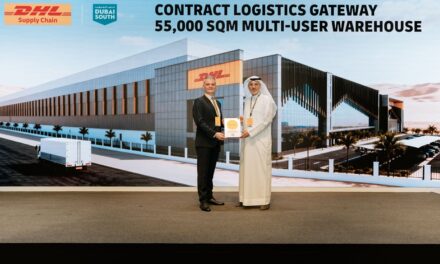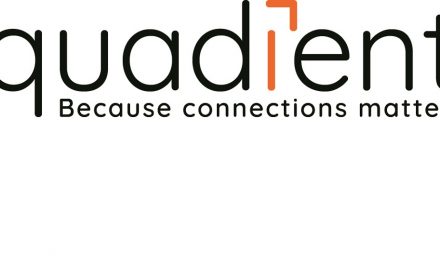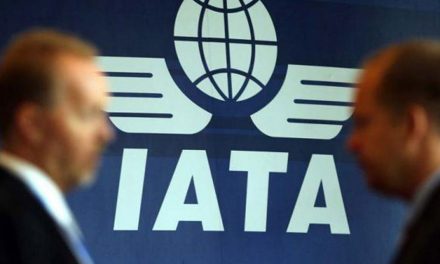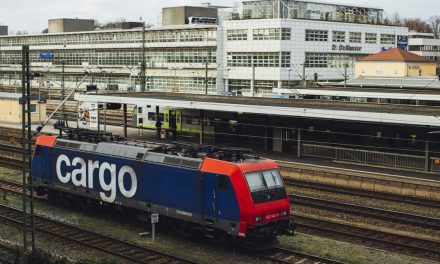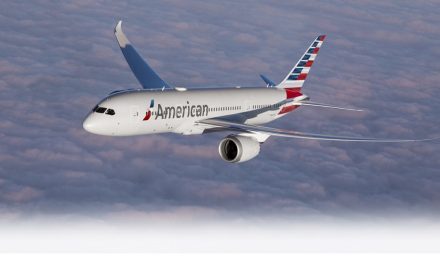
TSA abandons 100% screening deadline for outbound US air cargo
The Transportation Security Administration (TSA) has told the airline industry it will no longer enforce a deadline requiring 100% screening of inbound cargo, as shipped into the United States on passenger aircraft, from December 31, 2011. The move came after the US Department of Homeland Security agency consulted earlier this year with industry, which had warned back there would be “significant global supply chain disruption” if the proposed deadline was enforced.
At the time, the industry said many more foreign screening operations would have to be reviewed and certified under the TSA’s National Cargo Security Program (NCSP) for the 100% inbound screening requirement to be workable.
The air cargo industry has welcomed TSA’s move to scrap the December 31 deadline. TSA has not decided on a new deadline for 100% screening arrangements.
“More secure”
Issuing a statement to Post&Parcel today, the Administration said air cargo was now “more secure than it has ever been”, with 100% of cargo on outbound flights from the US, as well as 100% of cargo identified as “high risk” international inbound cargo now undergoing screening.
“TSA continues to work closely with our private sector and international partners to further risk-based screening of international inbound air cargo on passenger and all-cargo aircraft,” said the TSA.
“In coordination with stakeholders TSA will continue to take steps – including ongoing efforts to test, evaluate and qualify air cargo screening technologies– to strengthen our security posture.”
Among the efforts to continue improving security arrangements, the TSA is currently working with the U.S. Customs and Border Protection and the air cargo industry on a pilot program to receive and process pre-departure, international advance air cargo information about shippers, in order to “focus more intensive screening resources on cargo we know least about”, the TSA said.
Industry welcome
The International Air Cargo Association (TIACA) said the removal of the December deadline by the TSA was the “right decision”.
Michael Steen, chairman of the TIACA, said: “We expect to engage in further consultation with TSA, along with other industry partners, to ensure we continue to maintain the highest possible levels of air cargo and aviation security.
“This has always been our priority, and we are pleased that TSA has taken into account industry’s views. We need to maintain this truly collaborative approach to continue improving and evolving security.”
The International Air Transport Association is currently trying to push governments and other aviation stakeholders to join its Checkpoint of the Future (CoF) supply chain approach to cargo security.
It said this week that it does not want to see 100% screening at airports, since such a move would “grind global commerce to a halt”.
Tony Tyler, director general and CEO of the Amsterdam-based group, said: “The future of air cargo security is a multi-layered approach involving the whole supply chain and including both advanced electronic information and physical screening.”
Tyler said the adoption by governments of “red lists” for cargo would isolate countries and threaten their economic prosperity.
Purolator certified
Meanwhile, Canadian parcel and express firm Purolator International has become the latest firm to be certified as a Certified Partner under the US Department of Homeland Security’s Customs-Trade Partnership Against Terrorism (C-TPAT) initiative.
As well as meeting the initiative’s guidelines, as a Certified Partner Purolator International will work with its business partners to develop new security processes consistent with the guidelines, and will benefit from reduced cargo inspections and professional training from US Customs and Border Protection.
John Costanzo, president of Purolator International, said his company was “proud” to be working with US Customs and Border Protection “to help our customers safely conduct business with its Canadian neighbour to build a more secure and more efficient global trade environment.”


